The views expressed in our content reflect individual perspectives and do not represent the authoritative views of the Baha'i Faith.
Education must be considered as most important; for as diseases in the world of bodies are extremely contagious, so, in the same way, qualities of spirit and heart are extremely contagious. – Abdu’l-Baha, Baha’i World Faith, p. 319.
My wife and her colleagues have contracted Ebola fever.
Not the virus, thank God—instead, she has a passionate, infectious fever and fervor to do something about Ebola in West Africa.
The Baha’i-inspired, global non-profit organization she runs, Full-Circle Learning, has schools on every continent, and 31 of those schools teach the Full-Circle Learning model in Liberia, one of the epicenter countries for the Ebola epidemic.
Of course, the whole world’s attention has recently focused on the three West African countries—Liberia, Guinea and Sierra Leone–where the Ebola epidemic has spread so quickly. The worldwide relief community, the United Nations and many countries have responded to the deadly crisis by sending medical personnel, personal protective equipment and even entire mobile hospitals. Unfortunately, not much of the aid has actually prevented the disease so far—and since Ebola has such a high fatality rate, public health experts agree that only a prevention-based strategy can effectively stop the epidemic.
You might think that schools couldn’t do much about an epidemic—but you’d be amazed at what the children and teachers in those African schools have already done to stem the terrible tide of Ebola in their country.
With education, training and simple supplies provided by generous, altruistic donors in the West, Full-Circle Learning schools in Liberia have mounted a remarkable prevention campaign—and so far not one of the thousands of teachers or children has contracted the disease.
Just watching all this happen from afar has amazed me, and I’ve wondered: How do they do it?
They do it with chlorine, gloves, rice and oil—and with a commitment from teachers who deliver in-home educational tools and lesson plans to the families and neighborhoods of FCL students. The supplies help prevent the spread of the Ebola virus, and feed hungry people who haven’t been able to do their normal work as a result of the epidemic. The lessons help students integrate math, spelling, storytelling, and many of the character and service aspects of a Full-Circle Learning lesson plan unit, especially the program’s emphasis on promoting spiritual habits like steadfastness and selfless, humanitarian devotion to serving others. The educational materials inform adults and children, many of whom don’t have access to modern media, about how their daily precautions can help halt the spread of the Ebola virus.
Even though all of Liberia’s schools and many of its businesses have closed, these now-volunteer teachers and students have demonstrated their commitment to the humanitarian values they’ve learned.
The courageous teachers belong to Full-Circle Learning’s Ebola Social Mobilization network, the education and prevention program that gives them both hope and a sense of purpose. The project strives to: 1) save lives through Ebola prevention and education; 2) address the complicating temporary health factor of food insecurity; and 3) introduce home learning options and strategies that build resiliency, recognizing the socio-emotional needs of students during the school closures. Funding for the life-saving supplies relies on direct donations from Western donors.
Full-Circle Learning designed the mobile learning component of its Ebola Social Mobilization Program not only to help students experience some sense of normalcy and routine by continuing to learn; but also to address emotional trauma and strengthen the resiliency of families by providing for some of their immediate needs.
The Ebola-related activities guide students to provide comfort for one another in an affectionate culture now weaning itself of the customary handshakes and hugs during the Ebola pandemic. One of FCL’s “Habits-of-Heart”—the inner quality of steadfastness–becomes an anchor for finding purpose amid the continual sea of challenges, now socio-economic as well as health-related. For older students, math assignments introduce the concept of careers in health care, to combat mistrust over Liberia’s overwhelmed medical system and its inability to treat every patient–and also to begin to fill the heartbreaking shortages left by Ebola in a country which, even before the epidemic, only had 45 doctors to treat four and a half million people. The teachers and orphanage directors who volunteer to safely deliver these lesson plans customize the plans for the specific academic learning needs of the children and youth they serve.
The addition of rice and oil to the original deliveries of sanitation supplies came when government aid from other countries did not quickly trickle down into the hands of the people, which resulted in urgent requests from Davidson Efetobore, FCL’s African Program Director. Hunger began to fuel the health concerns of an ailing nation as the epidemic spread. The number of new outbreaks in the country may be decreasing, perhaps with the help of programs such as this one, but some schools still await participation through the organization’s limited resources. This creates an Ebola fever born of a sense of urgency, which the program directors hope will “go viral” in the more positive sense of the term.
FCL’s educational approach means that increasing numbers of Liberian teachers can serve as role models for their students, extending their humanitarian reach and saving lives with a program focused on prevention and education. The greater the reach, the fewer tragic cases will end up in overcrowded clinics and hospitals, or in airport terminals headed for destinations worldwide.
Interested in helping? Look up FCL Updates at www.fullcirclelearning.org to see how you can take part in this innovative, lifesaving, Baha’i-inspired humanitarian project.


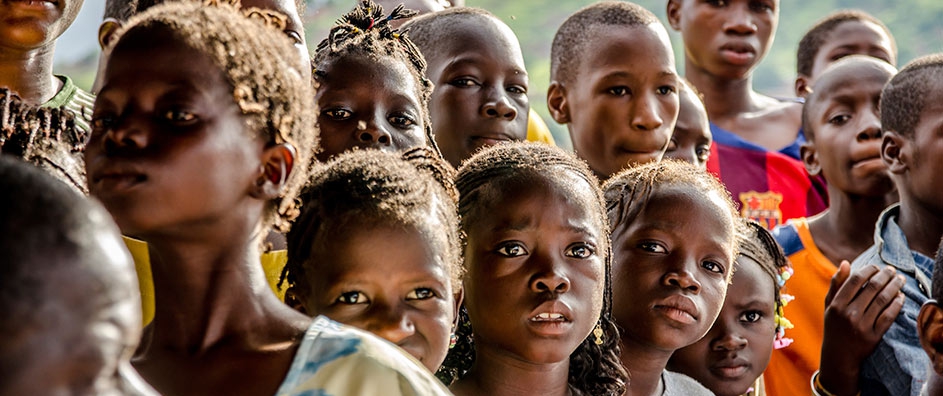
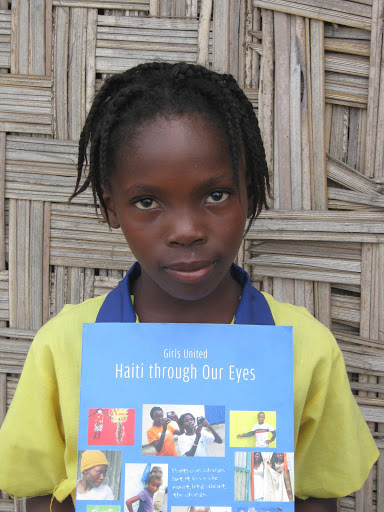

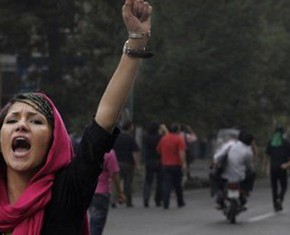
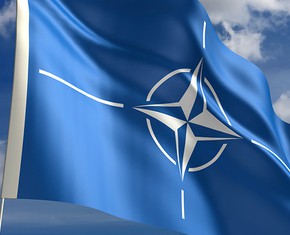








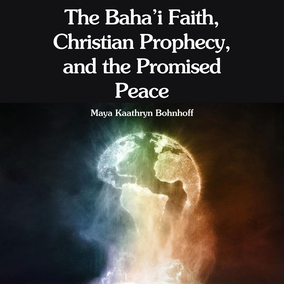

Comments
Sign in or create an account
Continue with Googleor